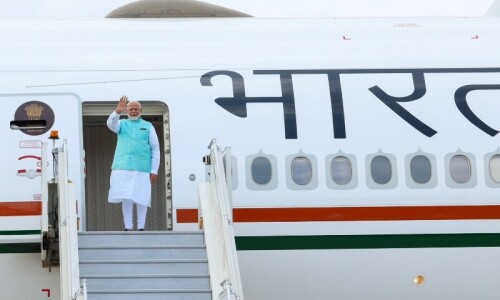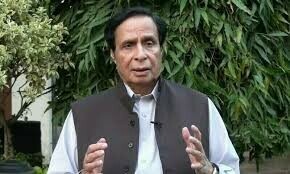WASHINGTON: Resource nationalism in oil producing countries is cordoning off valuable supplies and the United States has precious few options to battle the trend amid a looming supply crunch.
As oil prices marched above $135 a barrel last month and hit a record $137.79 on Thursday international firms have found themselves faced with tougher terms and shut out of the globe’s most promising oil basins, a trend known as “resource nationalism”.
The United States the world’s biggest oil consumer stands mostly powerless as national oil companies like Venezuela’s PDVSA and Russia’s Gazprom block access to key oil reserves and demand a larger share of the profits in exchange for allowing international oil companies to drill.
“There are few good foreign policy options because oil really is our economic jugular,” said Anne Korin, co-director of the Institute for the Analysis of Global Security, a non-profit energy think-tank.Conventional wisdom in past years has been that when oil prices rise high enough, oil companies will have the profit motive to spend the billions of dollars needed to bring new supply sources online.
UNCONVENTIONAL WISDOM: But resource nationalism has turned such wisdom on its head, investment bank Goldman Sachs said in a recent report.
Resource nationalism “imposes significant policy constraints on the free flow of capital, labour and technology that are substantially limiting supply growth”, Goldman Sachs said in its report, which also called for benchmark US oil prices to average $141 a barrel in the second half of 2008.
Such constraints have reduced oil supply growth by 1 per cent per year, even while the global economy grows at nearly 4 per cent, the bank said.
In recent congressional testimony, a top executive with ConocoPhillips said resource nationalism was “the biggest constraint” blocking access to new oil supplies.
High oil prices have emboldened big oil producers to tighten their grip on their oil resources.
In Venezuela, President Hugo Chavez’s nationalization crusade has forced out two of the world’s largest energy companies and the OPEC nation is preparing a “windfall” oil tax to boost its share of profits from its fields.
Under President Vladimir Putin, Russia brought more than half of its oil industry back under state control, wrestling control away from global majors like BP Plc and Royal Dutch Shell as the Kremlin tightened its grip.
Limiting access to oil reserves can lead to oil output declines, but not always.
In Venezuela, oil production by state-owned PDVSA has sagged since a crippling 2002 strike, where half its employees walked off the job to protest Chavez’s rule.
But other big producers that limit foreign access notably Saudi Arabia and Brazil buck the trend of declining output.
Saudi Arabia, the world’s biggest oil exporter and de facto leader of Opec, has consistently managed to boost supply through the efforts of state-owned Saudi Aramco.
In Brazil, state-owned Petrobras is recognised for its deepwater drilling expertise, which it will need to develop the giant Tupi field the biggest deep-water find ever.
LIMITED OPTIONS: Options to address rising producer influence include making oil access a precondition to joining the World Trade Organisation and rethinking nuclear and weapons technology deals with big Opec producers like Saudi Arabia, experts say.
But one option that is not on the table is US military action to secure hydrocarbon resources.
Though some observers have said US occupation of Iraq was aimed in part at securing oil supplies, the reality has been markedly different, with oil production still lagging below pre-war levels due to attacks on export pipelines.
“Even if you take over the fields, you’re not going to get the oil,” Korin said. “That’s the deal here.”
The United States should up the ante in negotiations with big oil suppliers like Saudi Arabia, and use its prized weapons and nuclear energy technology as leverage to extract oil supply concessions, said James Woolsey, a former Director of Central Intelligence during the Clinton administration.
“We’ve got to let them know that our dander is up,” Woolsey said. “We are not going to take it anymore.”
The United States already missed a golden opportunity to extract more energy access pledges when it allowed Saudi Arabia to enter the World Trade Organisation, Korin said.
“Other Opec countries that are clamouring to enter the WTO we should hold that up and say ‘no way unless you leave Opec’,”
Korin said.
But an aggressive US foreign policy response could make things worse if supplier nations respond by tightening their grip even further, said Robbie Diamond, president of Securing America’s Future Energy.
“Going at resource nationalism itself is in some ways pointless, and could hurt us more,” said Diamond, whose non-partisan group wants to reduce US oil import dependence.
“It really is for the United States to do what is tried and true and boring: Reduce demand and increase supply,” Diamond said.—Reuters













































Dear visitor, the comments section is undergoing an overhaul and will return soon.